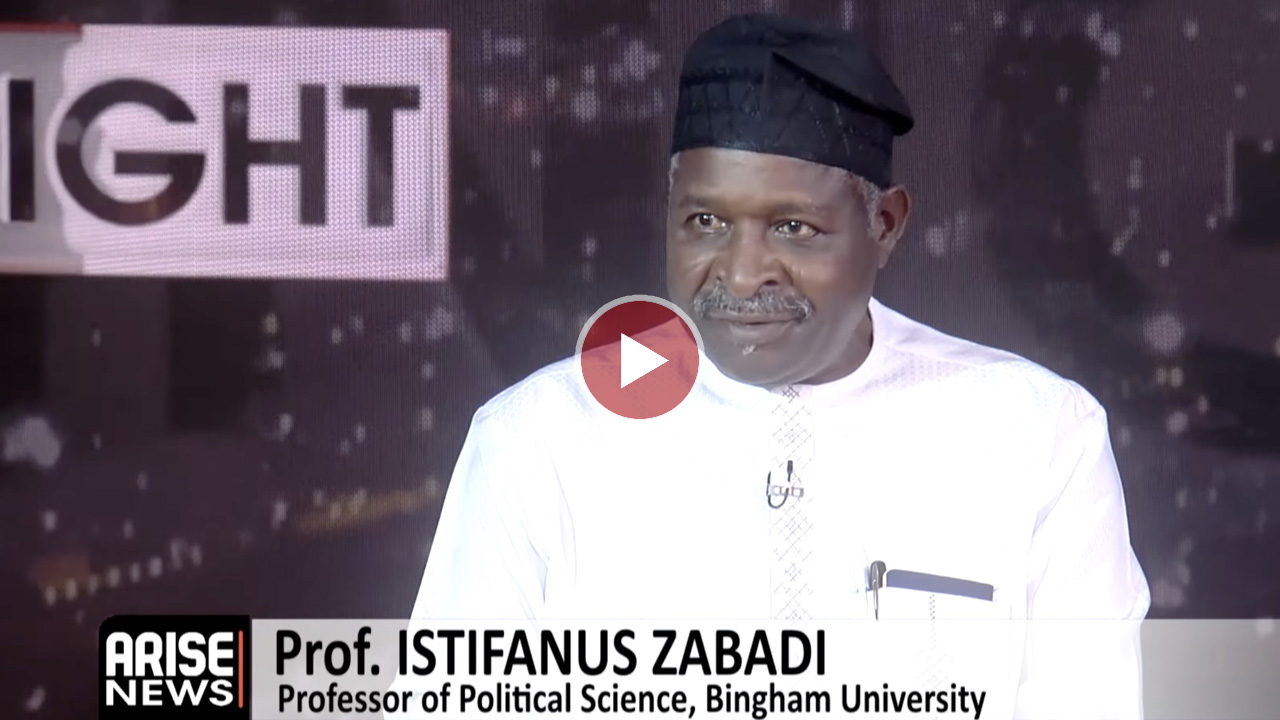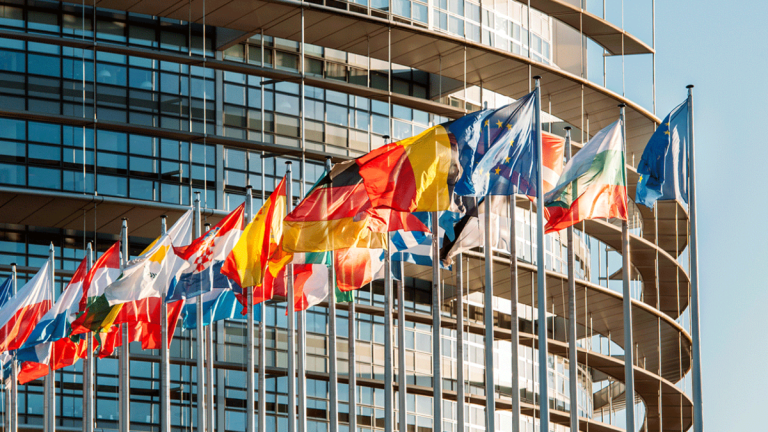

A Professor of Political Science at Bingham University, Prof. Istifanus Zabadi, says Nigeria’s democracy has been “captured by a brand of elites” who control the political system for personal gain, leaving citizens powerless and alienated from decision-making.
Speaking on ARISE News during a discussion on US -Nigeria relations and the internal dynamics of Nigerian politics, Prof. Zabadi warned that what is often described as democracy in Nigeria is instead a system dominated by political godfathers and self-serving elites.
According to him, “A good democracy should not only have opposition. It is more important to have genuine participation by all citizens in the affairs of their country and their political parties as chosen by them. That makes for good democracy.”
He lamented that Nigeria’s current political structure has been hijacked by powerful interests. “What we have had in Nigeria and the defections we are seeing now are the result of state capture. The Nigerian state has been captured by a brand of elites who have actually now become the owners of the enterprise and they dispense provisions to whom they like,” he said.
Zabadi further explained that internal democracy has all but disappeared from political parties. “Elections and nominations are conducted out of the field of play, and the results are merely brought and announced to the people. We have a system where individuals and groups are the party at various levels, instead of one guided by ideology and public interest.”
Commenting on the wave of defections by politicians—including governors in their final term—Prof. Zabadi described the trend as “unprincipled” and “self-serving.”
“These defections have nothing to do with the interests of ordinary Nigerians. They are motivated by personal gain and the desire to secure future positions—either in the Senate or in ministerial appointments. What we have is politics without ideology.”
He added that Nigerian citizens must rise to challenge this culture of opportunism. “One is hoping that these same defectors will be shocked by the reaction of individual Nigerians. We have seen in places like Tanzania and Cameroon where citizens have said, enough of this. If the Independent National Electoral Commission gives us free, fair, and credible elections, these politicians will be bitterly disappointed.”
The professor expressed hope that the electorate would eventually expose the entrenched system of “state capture,” insisting that meaningful democracy must be rooted in ideas and ideology rather than in patronage and personal ambition.
“There is no politics of ideology in Nigeria today,”Zabadi concluded. “We just have buccaneers and political opportunists, flamboyantly dressed, doing as they like because they control the resources. And as always, the poor citizen suffers.”
Boluwatife Enome


